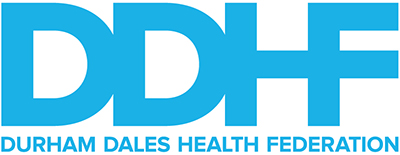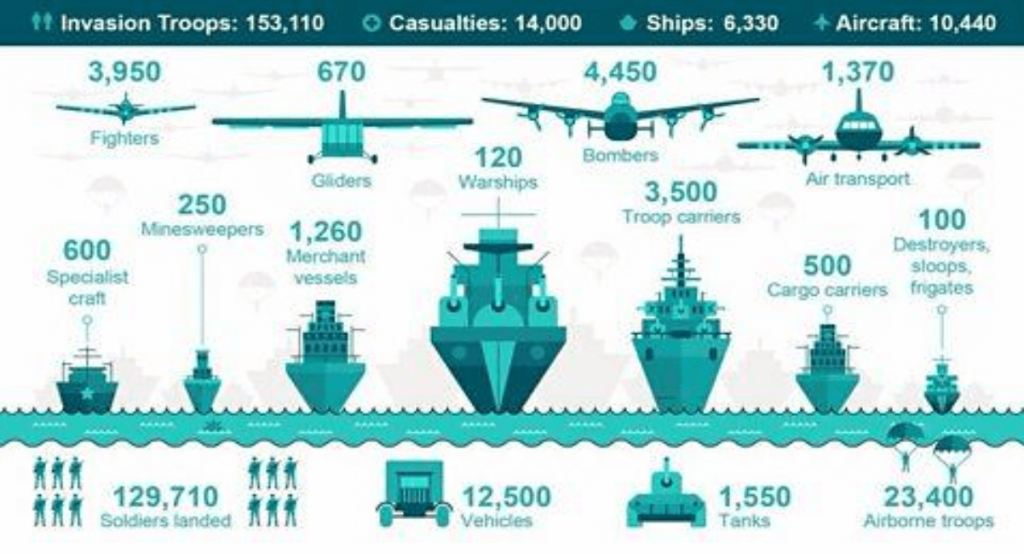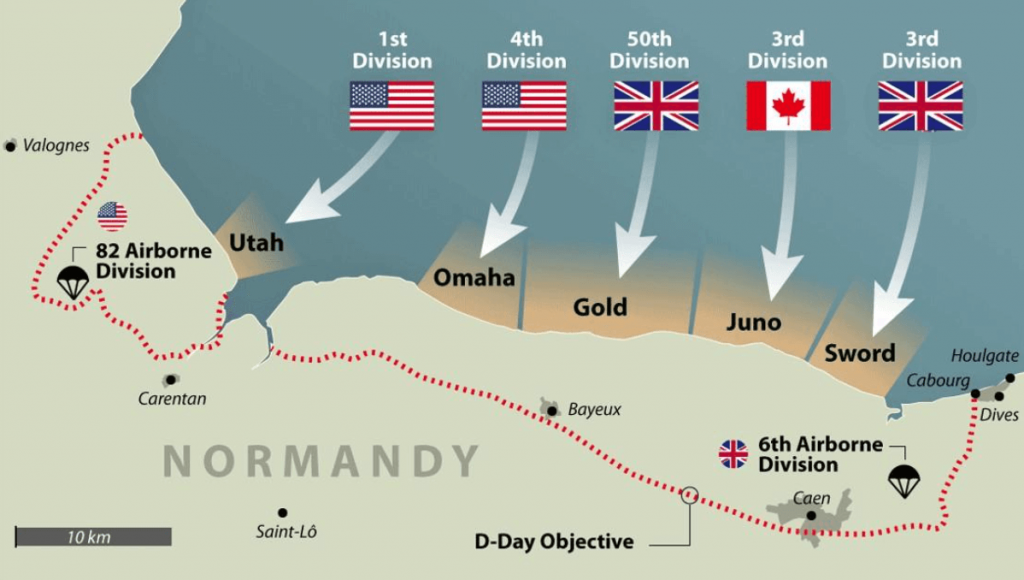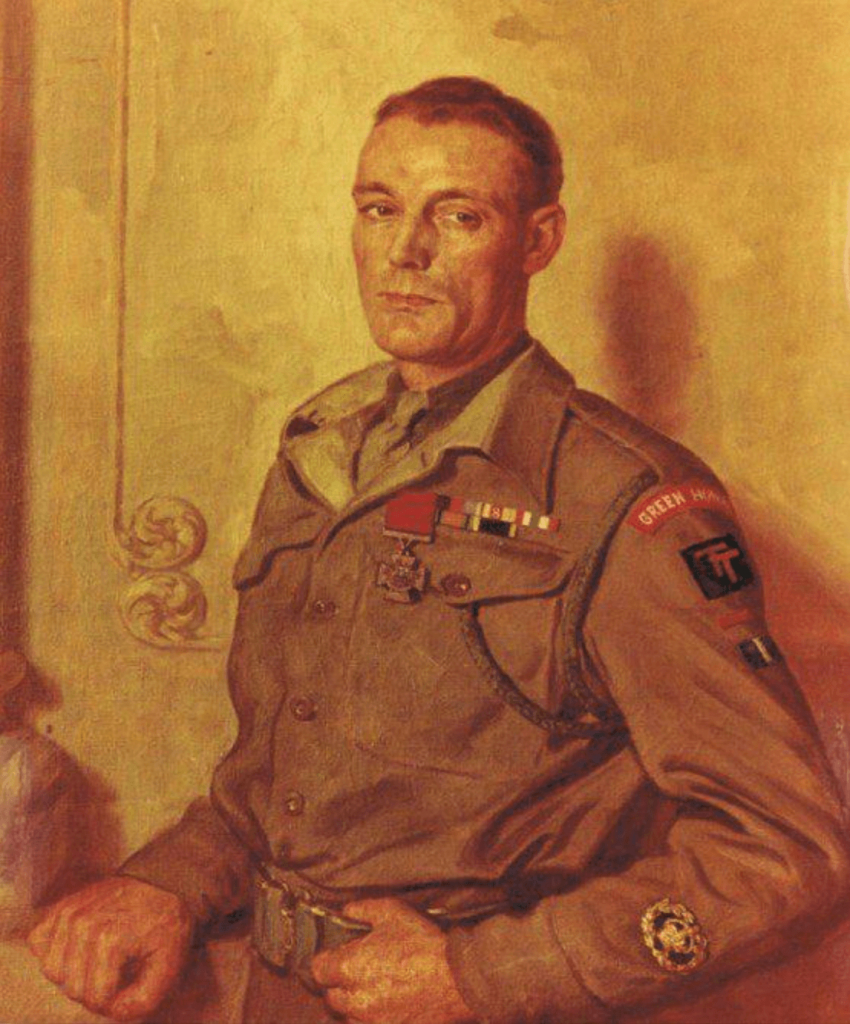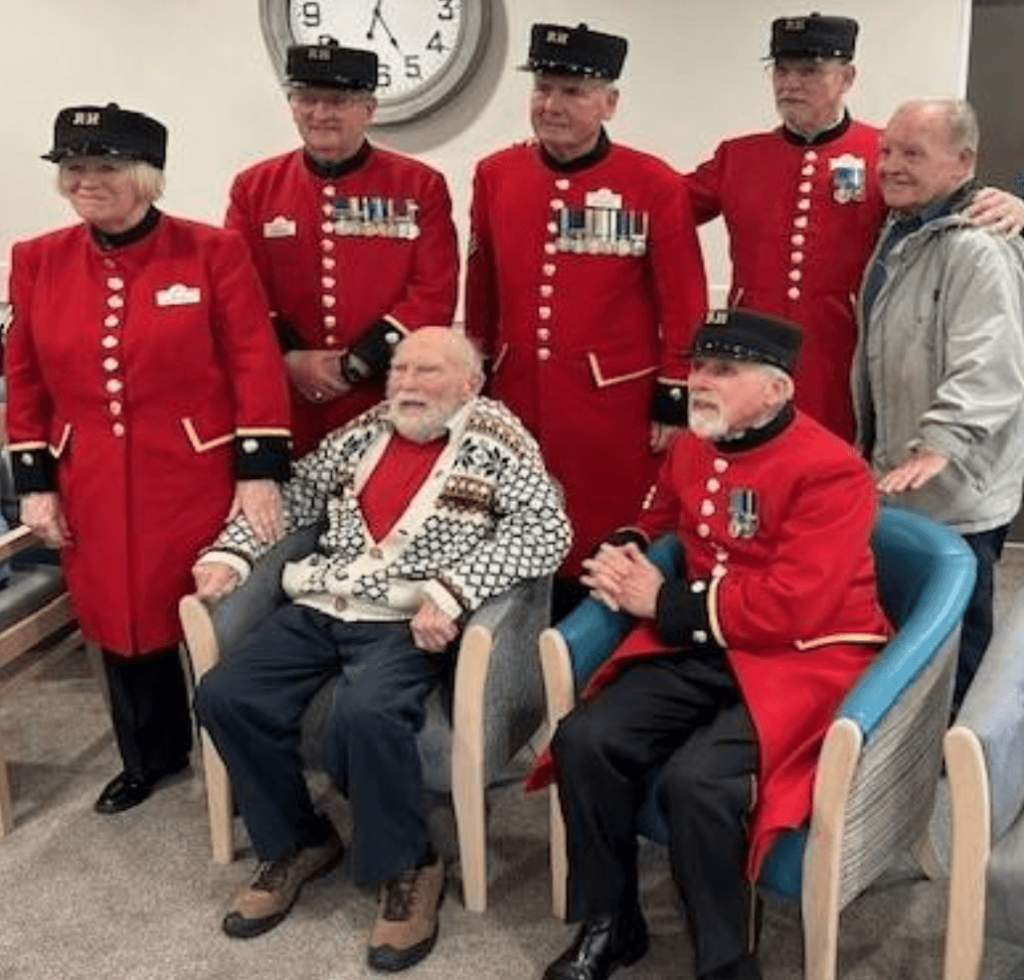
D Day: 6th June 1944 and the North East
The invasion was conducted in two main phases – an airborne assault and amphibious landings. Shortly after midnight on 6 June, over 18,000 Allied paratroopers were dropped into the invasion area to provide tactical support for infantry divisions on the beaches. Allied air forces flew over 14,000 sorties in support of the landings and having secured air supremacy prior to the invasion, many of these flights were unchallenged by the Luftwaffe.
Nearly 7,000 naval vessels, including battleships, destroyers, minesweepers, escorts and assault craft took part in Operation ‘Neptune’, the naval component of ‘Overlord’. Naval forces were responsible for escorting and landing over 132,000 ground troops on the beaches. They also carried out bombardments on German coastal defences before and during the landings and provided artillery support for the invading troops.
Listen to soldiers from the Durham Light Infantry account of D Day
On D-Day 6 June 1944, the 6th, 8th and 9th Battalions DLI – the same three battalions that had landed in Sicily – waded ashore on Gold Beach as part of the Allied invasion of Normandy. Listen to the individual Stories.
https://www.durham.gov.uk/article/7509/As-dawn-broke
Middlesbrough born Company Sergeant Major Stanley Hollis (1912 to 1972) was awarded the Victoria Cross (VC) for his actions on D-Day; the only VC to be awarded on 6th June. His actions with the 6th Battalion after landing on Gold Beach involved clearing a pillbox, engaging an enemy field gun and then creating a diversion so that two of his men could withdraw from a house where they had become isolated.
More information… https://www.britishnormandymemorial.org/news-story/educationpack/
50th (Northumbrian) Infantry Division
This Division had the 6th & 7th Battalion of the Green Howards, in the 69th Infantry Brigade
This Division had the 6th, 8th, 9th Battalions of the Durham Light Infantry (DLI)
Each battalion would have 650 men roughly 3300 men from County Durham and North Yorkshire.
“Five sons went to war, two would not come return…”
Working with a veteran?
Below is a picture of Arthur Walker a WW2 Veteran from the RAF a rear gunner during the last war, the Royal Hospital Chelsea came up to the Northeast and we arranged a visit. Arthur will be 100 in January. I took him to the veteran’s afternoon tea and a class of primary school children gave him a card thanking him for his service.
